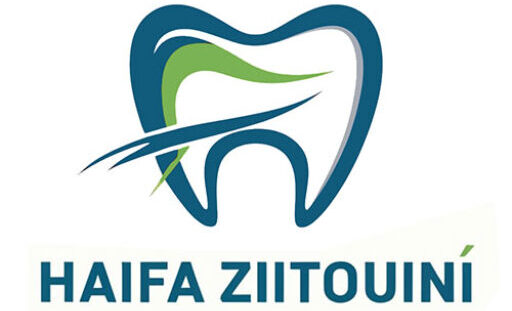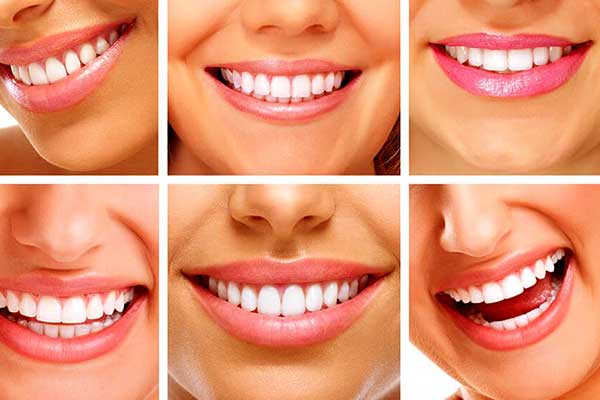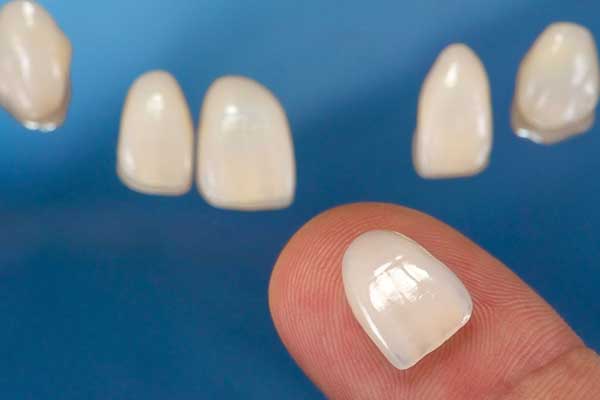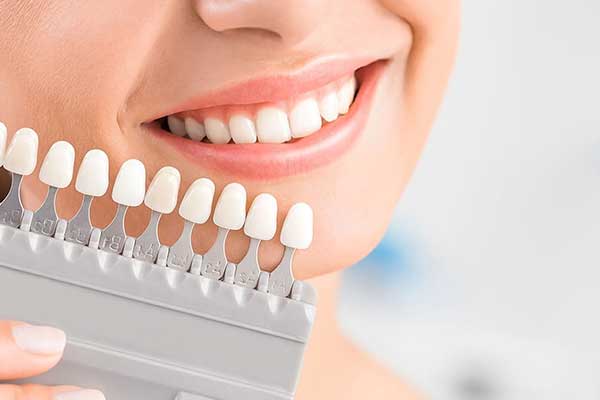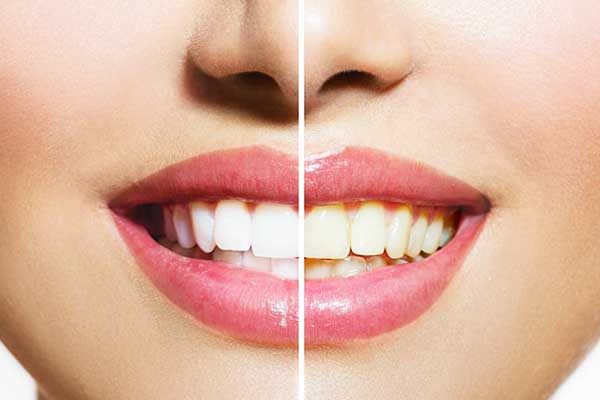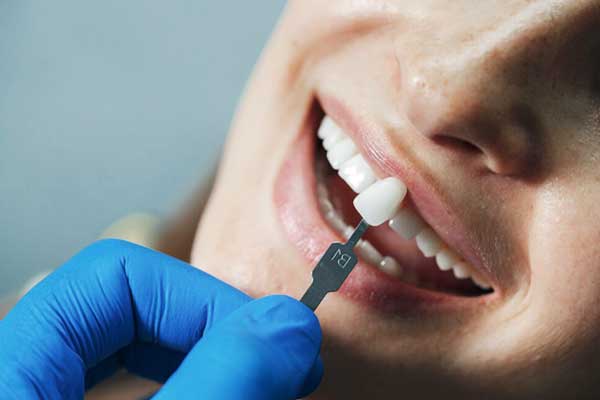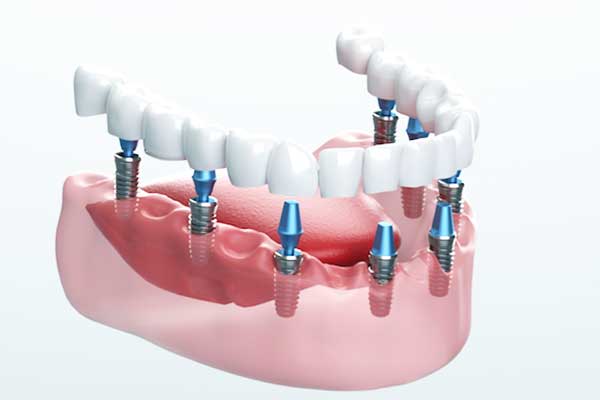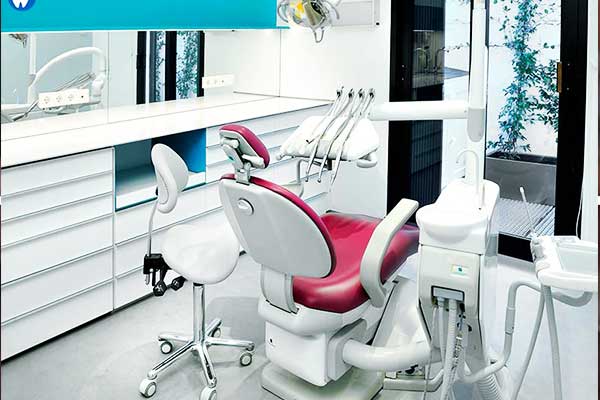What Can Go Wrong with Turkey Teeth: A Comprehensive Guide to the Risks and How to Avoid Them
What can go wrong with Turkey teeth
Dental tourism in Turkey has become a popular trend for those seeking a Hollywood smile at a fraction of the cost. But as with any medical procedure, there are risks involved
. If you’re considering getting your teeth done in Turkey, it’s crucial to understand what can go wrong and how to protect yourself from potential pitfalls.
What Are Turkey Teeth?
Turkey teeth generally refer to dental crowns or veneers placed over the teeth to improve their appearance. While these procedures can provide dramatic results, they can also involve significant tooth preparation, where a portion of the natural tooth is shaved down to accommodate the new restoration. This process, if not done correctly, can lead to a range of complications.
Are you looking for the best dental treatment and cosmetic services in Turkey?
Experience, success experiences, and special prices…………………………………….. …..?
Let us help you get healthy, beautiful teeth
Potential Complications with Turkey Teeth
1. Aggressive Tooth Shaving
- What Happens? The dentist removes a substantial amount of the natural tooth structure to fit the crowns or veneers. This can sometimes involve removing up to 60-70% of the natural tooth.
- Risks: Such aggressive preparation can lead to nerve damage, increased sensitivity, and even tooth loss. It can also make future restorative procedures more complicated.
2. Ill-Fitting Crowns and Veneers
- What Happens? Poorly fitted crowns or veneers can cause gaps between the restoration and the natural tooth.
- Risks: These gaps can harbor bacteria, leading to decay, infections, and gum disease. In severe cases, ill-fitting restorations can cause pain and discomfort, requiring corrective procedures.
3. Complications from Infections
- What Happens? Infections can occur when the dental work is not performed under strict hygienic conditions or if aftercare is inadequate.
- Risks: Infections can spread to other parts of the face and jaw, potentially requiring antibiotics or even surgical intervention.
4. Nerve Damage and Pain
- What Happens? Aggressive tooth preparation can expose the pulp, causing severe pain and potentially irreversible nerve damage.
- Risks: This can lead to the need for root canals or even tooth extraction if the nerve damage is extensive.
5. Aesthetic Dissatisfaction
- What Happens? The final result may not match the patient’s expectations due to poor communication or lack of experience by the dentist.
- Risks: Patients may feel dissatisfied with the appearance of their teeth, such as unnatural shapes, sizes, or colors, leading to further emotional and financial strain.
Why Do These Issues Occur?
Lack of Proper Regulations
- Some clinics may not adhere to the same stringent regulations that are in place in countries like the UK or the US. This can lead to variability in the quality of care and materials used.
High Volume, Low Quality
- Due to the surge in demand for dental procedures in Turkey, some clinics focus on quantity over quality, leading to rushed treatments and poor outcomes.
Inadequate Aftercare
- Many patients do not have access to follow-up care once they return home, making it difficult to address complications that arise after the procedure.
How to Avoid Turkey Teeth Disasters
1. Do Your Research
- Check Qualifications: Ensure the dentist is registered with the Turkish Ministry of Health and has the necessary experience in cosmetic dentistry.
- Read Reviews: Look for genuine reviews and testimonials from previous patients. Be wary of clinics with overwhelmingly positive or suspiciously negative reviews.
2. Understand the Procedure
- Make sure you fully understand what the procedure entails, including the amount of tooth that will be removed and the long-term implications of the treatment.
3. Ask About Aftercare
- Choose a clinic that offers a clear aftercare plan, including follow-up appointments and emergency contact options in case of complications.
4. Avoid Aggressive Treatments
- If possible, opt for less invasive treatments like composite bonding or minimal-prep veneers instead of full crowns. Always prioritize preserving natural tooth structure.
5. Compare Costs Wisely
- While Turkey offers competitive prices, be cautious of deals that seem too good to be true. Extremely low prices can be a red flag for subpar materials or rushed work.
Comparing Treatment Options: Crowns vs. Veneers
| Feature | Crowns | Veneers |
|---|---|---|
| Tooth Preparation | Significant (60-70% tooth removal) | Minimal (only front surface) |
| Durability | 10-15 years | 7-10 years |
| Cost | Higher | Lower |
| Reversibility | Not reversible | Partially reversible |
| Suitability | Damaged or decayed teeth | Cosmetic improvements only |
| Aesthetic Result | Natural look, but can appear bulky | Natural and seamless appearance |
The Cost Factor: Is It Really Cheaper?
While the upfront cost of dental work in Turkey can be significantly lower, it’s essential to consider the long-term expenses. Hidden costs such as corrective procedures, additional travel, and extended recovery time can quickly add up, potentially negating any initial savings.
Why Are Prices Lower in Turkey?
- Currency Exchange: The favorable exchange rate for foreign currencies makes treatments more affordable for international patients.
- Lower Overheads: Lower costs of living and operating expenses in Turkey contribute to reduced prices.
- Government Incentives: Turkey offers incentives for clinics catering to international patients, further reducing costs.
Real-Life Stories: What Can Go Wrong
Many patients have shared their experiences of what went wrong with their Turkey teeth treatments. From infections to misplaced crowns, these cautionary tales highlight the importance of thorough research and choosing a reputable clinic.
Example 1: A UK patient experienced severe pain due to exposed nerves from aggressive tooth shaving. This resulted in multiple root canals and additional costs exceeding £5,000 back home.
Example 2: A patient from the US had ill-fitted crowns that caused gum inflammation and required complete removal and replacement at significant personal expense.
Conclusion: Is It Worth the Risk?
Turkey can be an excellent destination for dental work, but only if approached with caution and due diligence. By thoroughly researching clinics, understanding the risks, and prioritizing quality over cost, you can minimize the chances of complications and ensure a positive outcome. Remember, your smile is a lifelong investment—make sure it’s one worth smiling about!
For more information on choosing the right dental clinic and understanding the full scope of dental tourism, you can read this guide.
Are you looking for the best dental treatment and cosmetic services in Turkey?
Experience, success experiences, and special prices…………………………………….. …..?
Let us help you get healthy, beautiful teeth
